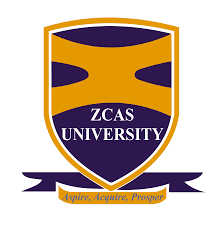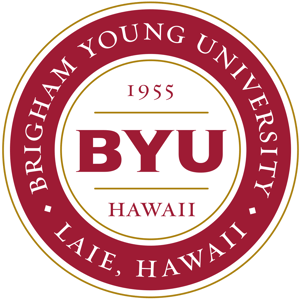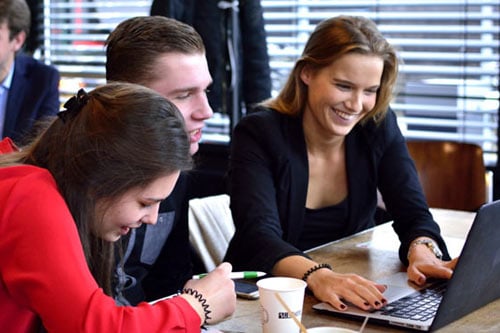
“I have used other simulations before but for me Edumundo's are the most realistic. They can cover levels 4 up to level 7; the flexibility is there to edit and tailor this to the level of the students. We have a really good relationship with Edumundo, the support we get is exceptional."

Peter has used business simulations in his teaching for just over five years. During his time teaching strategic management he found some students struggled to engage with the content as he states the subject can be "quite dry" and is "slightly theoretical". To improve student engagement and comprehension, Peter uses business simulations as medium for students to apply their theoretical comprehension and knowledge of strategic management in a practical, safe setting. In his role as Subject Leader at LJMU, Peter has been instrumental in the roll-out of Edumundo business simulations across the school, covering Foundation, Undergraduate, and Postgraduate programmes.
“We want to make sure our undergraduate and postgraduate degrees are both academically rigorous but practically relevant with employability skills at the heart of our programmes. By using the simulation what happens is that students actually learn the relevance of what they’re learning so when they go into a businesses they can face the same situations as what they faced in the simulation. All the mistakes they may have made in the simulation feed into their approach in the actual workplace. The feedback from employers is really positive: the students are ready and do not have to be mentored as much as they have been before.”
“It helps to achieve the "application and comprehension" module objectives, here students are tasked with applying that knowledge and demonstrating comprehension of that knowledge. It's through the simulation experience that students are able to do both. For instance, you can teach a theoretical concept like ‘Porter’s Five Forces’ but it’s really only when they apply this in the simulation that this is brought to life and understood in more detail exactly how the concept works.”
“Many of our academic staff provide two assessments: firstly, students are required to deliver a presentation where they talk about the strategies they used in the simulation, justify, explain and evaluate their decisions. The second assessment is about a personal evaluation of their performance on the simulation.”
“Student feedback has been excellent. We’ve seen a big jump in module satisfaction rates. The students simply enjoy doing it, they have fun and it’s something they look forward to. We’ve recently introduced it into our induction for level 4 students but it gives them an idea of what they’re supposed to be doing and learning. They say it’s unlike anything they’ve done before and gets them ready and excited for the rest of their degree programme.”
.png?length=300&name=unnamed%20(11).png)
.png?length=300&name=unnamed%20(7).png)
.png?length=300&name=unnamed%20(8).png)
.png?length=300&name=unnamed%20(6).png)

.png?length=300&name=unnamed%20(10).png)
.png?length=300&name=unnamed%20(5).png)
.png?length=300&name=unnamed%20(9).png)
.png?length=300&name=unnamed%20(4).png)
.png?length=300&name=unnamed%20(2).png)
.png?length=300&name=unnamed%20(1).png)
.png?length=300&name=unnamed%20(3).png)
.jpg?length=300&name=unnamed%20(2).jpg)





.png?length=300&name=loughborough-university-logo%20(small).png)


 Management simulation
Management simulation Edubook
Edubook
application recieved
We have received your question and we will return to you within 24 hours on workdays.